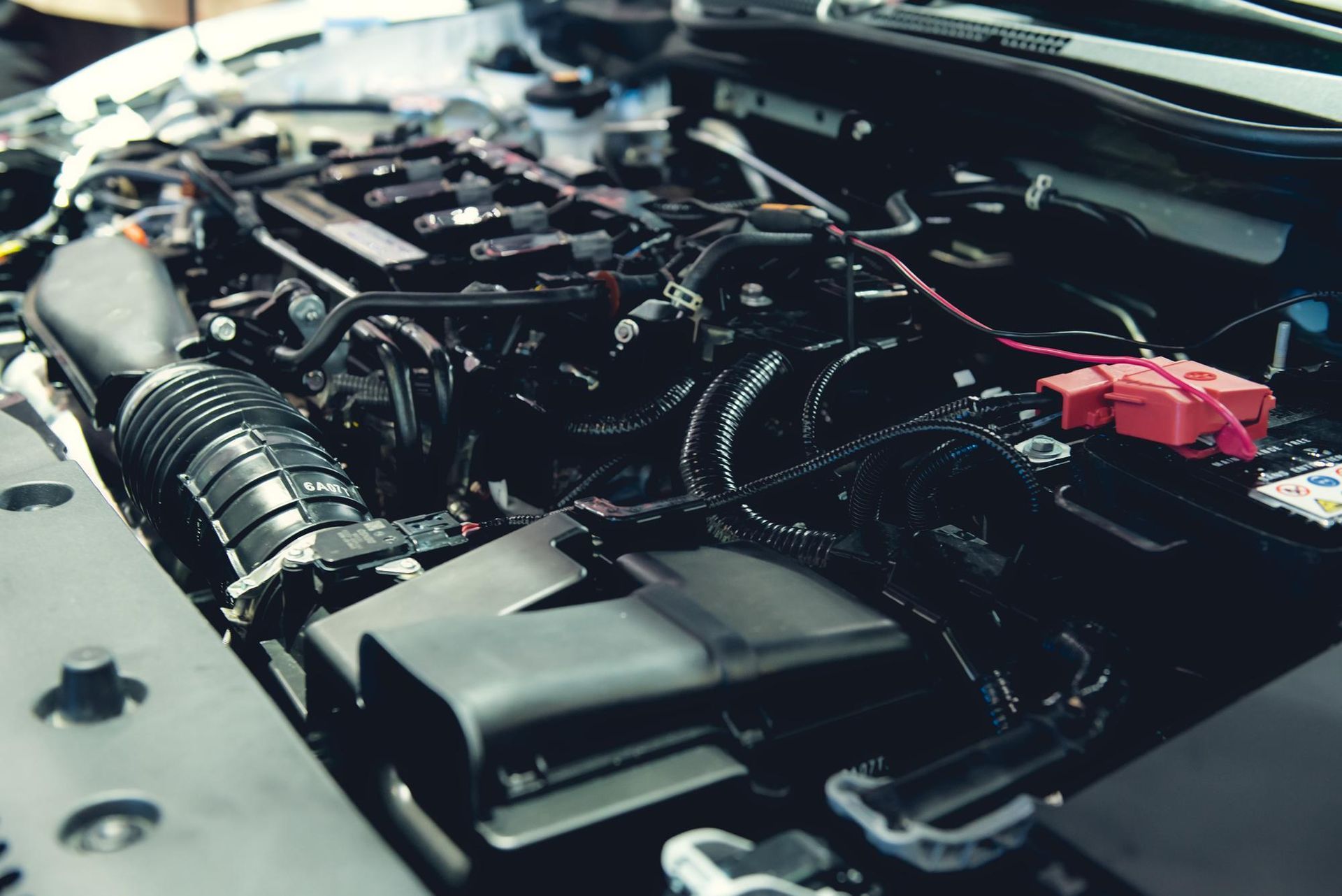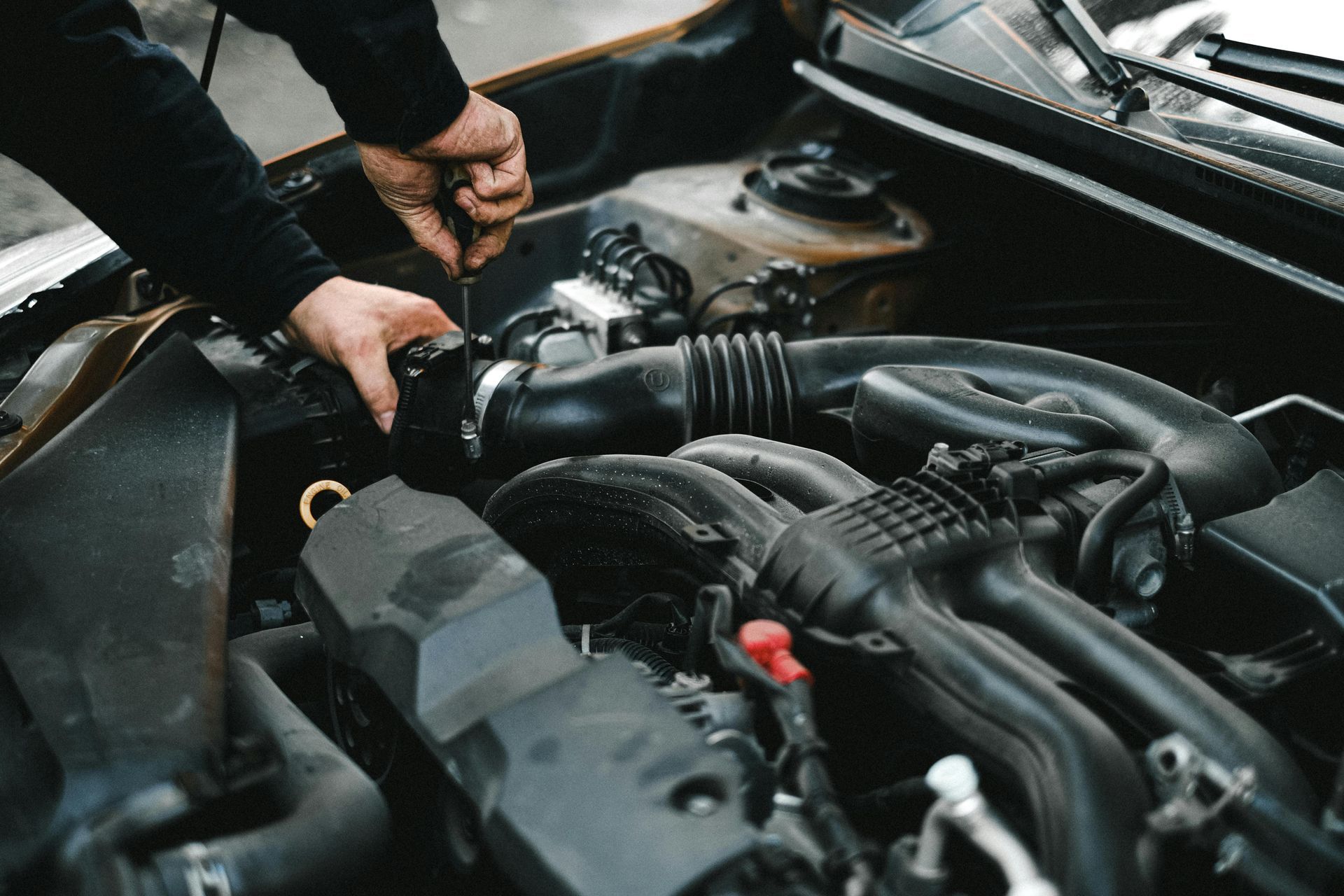Toyota Car Maintenance Schedule: Keep Your Toyota Running Like New
Your Toyota is built to last, but it won’t keep running like a dream if you skip regular maintenance. Think of your vehicle like a trusted teammate. It can’t do all the work without a little support from you. Following the Toyota car maintenance schedule is the best way to avoid expensive repairs, extend your vehicle’s lifespan, and enjoy smooth driving for years.
Whether you're commuting, road-tripping, or just running errands around town, staying on top of your
car maintenance service is key. Let’s break down what you need to know about keeping your Toyota in top shape.
Why a Toyota Car Maintenance Schedule Matters
Toyota makes some of the most reliable vehicles on the road. Still, even a reliable car needs routine checkups. Skipping maintenance is like skipping dentist appointments. Everything seems fine until suddenly, it’s not.
Here’s why sticking to the Toyota car maintenance schedule is so important:
- Improves safety: Regular checks catch issues before they become dangerous
- Saves money: Preventive maintenance costs less than major repairs
- Protects your investment: A well-maintained Toyota holds its value longer
- Boosts performance: Oil changes, tire rotations, and inspections keep things running smoothly
Just like brushing your teeth or changing your AC filter, regular vehicle maintenance isn’t optional. It’s essential.
Toyota Maintenance Milestones: What Happens and When
Toyota outlines specific services based on mileage intervals. While your exact needs may vary depending on driving habits, here’s a general guide to follow.
Every 5,000 Miles
At this point, you’ll want to schedule a basic maintenance check.
- Oil and filter change
- Tire rotation
- Brake inspection
- Fluid level check and top-off
- Multi-point inspection
This is like a wellness check for your Toyota. Nothing too crazy, just making sure all systems are a go.
Every 15,000 Miles
Time to give your Toyota a little more attention.
- Replace the engine air filter
- Inspect the cooling system and radiator
- Check steering and suspension components
- Brake lining and drum inspection
At 15,000 miles, your car is hitting its stride. Keeping it clean under the hood helps maintain performance and fuel efficiency.
Every 30,000 Miles
This is a big one. Think of it as your car’s annual physical.
- Replace the cabin air filter
- Flush and replace transmission fluid if needed
- Inspect the fuel system, the exhaust system, and the drive belts
- Battery inspection and cleaning
Even if your Toyota is running fine, this is when you want to dig a little deeper to avoid costly surprises later on.
Every 60,000 Miles
Time for the midlife maintenance package.
- Replace spark plugs
- Inspect or replace the timing belt (depending on the model)
- Inspect the differential and transfer case (for 4WD)
- Full brake system inspection
This service ensures your engine keeps firing on all cylinders and everything stays tight and responsive.
Every 100,000 Miles
This is the big milestone. If you’ve made it this far, congrats! Your Toyota is aging like fine wine.
- Replace coolant
- Inspect or replace tthe iming chain
- Full system diagnostic
- Double-check all previous services
Many Toyotas easily hit 200,000 miles, but only with proper care. This is where long-term performance really starts to show.
Common Maintenance Mistakes Toyota Owners Should Avoid
We all make mistakes, but when it comes to car care, a few common errors can lead to major headaches.
Mistake #1: Ignoring the Service Light
That glowing little wrench on your dashboard is like your car waving a flag. Ignoring it won’t make the issue go away. It will only get worse.
Mistake #2: Skipping Routine Oil Changes
Think of engine oil like coffee for your Toyota’s engine. Without it, things get sluggish and dangerous fast.
Mistake #3: Waiting Until Something Breaks
Preventive care is always cheaper than emergency repairs. If your brakes are squeaking, don’t wait until they start grinding.
Mistake #4: Using the Wrong Fluids
Not all oils and coolants are created equal. Toyota models often need specific types. Always follow your owner’s manual or ask a trusted mechanic.
Mistake #5: Relying on Quick Lube Shops for Everything
Quick oil changes are convenient, but complex maintenance should be handled by certified pros. Your Toyota deserves more than a 10-minute job with no inspection.
Get Expert Toyota Maintenance in Baker City, OR
Keep Your Toyota Running Smoothly with Paul’s Transmission & Auto Repair
If your Toyota needs maintenance, repairs, or just a solid checkup, the team at Paul’s Transmission & Auto Repair is ready to help. We specialize in car maintenance service that follows the manufacturer’s recommended Toyota car maintenance schedule, so you get peace of mind with every visit.
We proudly serve drivers in Baker City, OR, and nearby areas. In addition to routine maintenance, we also offer
brake repair,
ignition repair,
suspension repair, and more. Call us today at
(541) 523-6923 to schedule service and give your Toyota the care it deserves.
FAQs
How often should I get an oil change for my Toyota?
Most Toyota models need an oil change every 5,000 to 7,500 miles. Always refer to your owner’s manual for the most accurate interval.
What happens if I skip a scheduled maintenance service?
Skipping service can lead to decreased fuel efficiency, poor performance, or serious damage over time. Preventive maintenance is much more cost-effective than repairs.
Can I follow a general maintenance schedule, or does it need to be specific to my Toyota model?
Every model may have slight variations, especially hybrids or performance models. Your owner's manual or a certified technician can give you the most accurate schedule.
Do I need to go to a dealership to get proper maintenance?
No. A trusted local shop like Paul’s Transmission & Auto Repair can provide expert service without dealership prices.
How do I know if my mechanic is using the right parts for my Toyota?
Ask them directly. A reputable shop will always use OEM (Original Equipment Manufacturer) parts or high-quality aftermarket parts suitable for your vehicle.












